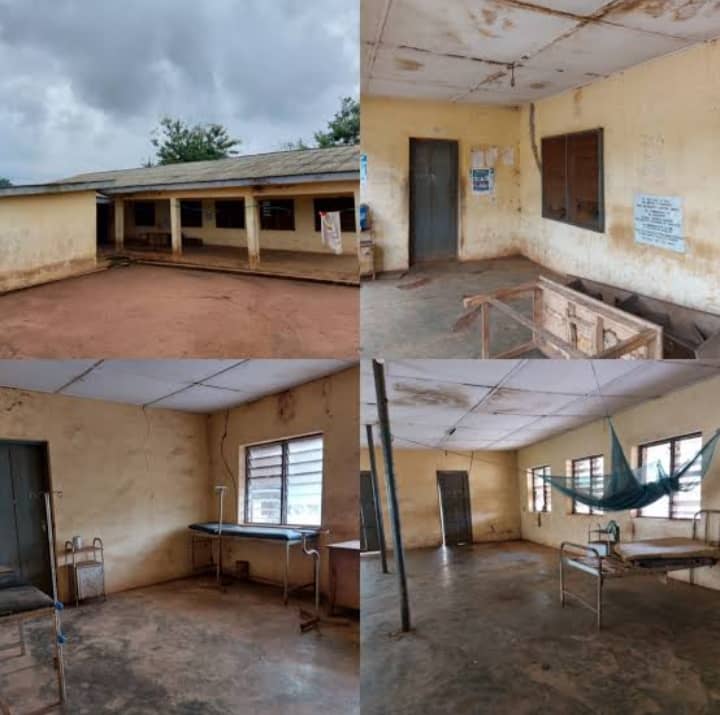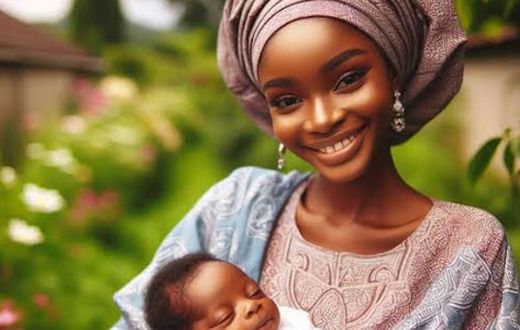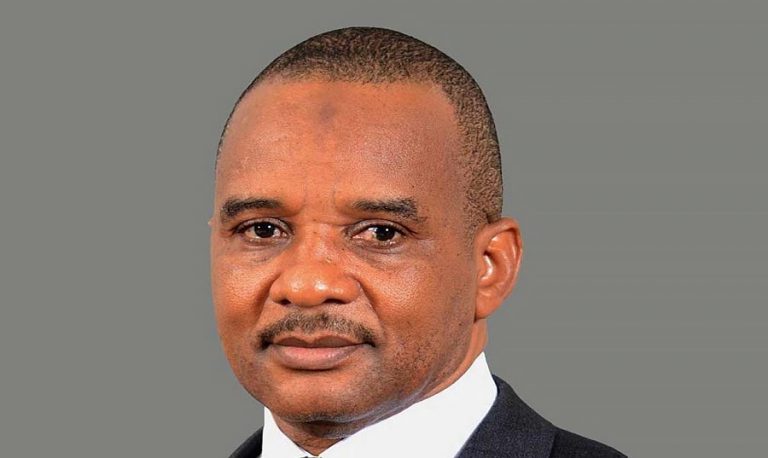Africa’s Public Health System at a Crossroads: A Call for Homegrown Solutions and Global Partnerships
By Abel Leonard
Africa stands on the precipice of a public health renaissance. In the face of rising health challenges from recurring epidemics to a growing burden of non-communicable diseases, there’s a quiet revolution brewing across the continent’s hospitals, labs, and policy rooms. From Lagos to Kigali, Accra to Nairobi, stakeholders are rewriting the narrative around African public health systems not as passive recipients of global aid, but as active architects of solutions uniquely designed for the continent.
Decades of underfunding, brain drain, poor infrastructure, and fragmented policy implementation have stifled progress. Africa shoulders 25% of the global disease burden but has access to only 3% of the world’s health workers and less than 1% of its health expenditure, according to the World Health Organization (WHO). With over 400 million people lacking access to essential healthcare services, the urgency is clear.
Public health experts argue that Africa must pivot from dependency on foreign aid to building resilient, community-based, and data-driven health systems. Dr. John Nkengasong, WHO’s Director-General’s Special Envoy for the Africa CDC, stresses the need for “African-led health sovereignty.”
“Africa cannot continue to rely on external solutions for internal problems,” Dr. Nkengasong said at the Africa Health Agenda International Conference. “We need strong institutions, trained personnel, and a financing model that places public health at the center of development.”
The COVID-19 pandemic was a wake-up call. It exposed the vulnerability of weak systems but also sparked innovation—Africa CDC coordinated continental response strategies, while countries like Rwanda and South Africa quickly developed testing capacities and digital surveillance tools.
In Uganda, community health workers equipped with mobile technology track maternal health data and refer pregnant women to health facilities in real time. Nigeria’s NCDC has become a model for disease surveillance after building one of Africa’s most advanced outbreak detection systems.
In Senegal, the Institut Pasteur in Dakar is developing rapid diagnostic kits and working towards manufacturing vaccines locally. Ghana’s National Health Insurance Scheme, while not perfect, provides a model for expanding access to healthcare.
These are not anomalies, they represent the future.
“Africa’s solutions are here; they just need to be scaled and funded,” said Dr. Elsie Ilori, a Nigerian epidemiologist and health system consultant. “The continent is brimming with untapped potential, especially among its youth.”
However, a major obstacle remains the health workforce crisis. According to the African Union, the continent needs an additional 6 million health workers to meet minimum health coverage needs. Brain drain continues to deprive systems of skilled professionals, as doctors and nurses migrate in search of better opportunities.
The solution? Invest in health education, fair remuneration, career progression, and dignified work conditions.
“Africa must treat its doctors and nurses as national treasures,” said Dr. Mary Kilonzo, a Kenyan health economist. “Retention is about respect, not just pay.”
Africa imports over 70% of its medicines and 99% of its vaccines. To reduce this dependency, the African Union launched the Partnership for African Vaccine Manufacturing (PAVM), aiming to produce 60% of Africa’s vaccines locally by 2040.
South Africa’s Aspen Pharmacare and Egypt’s VACSERA are leading the charge, but more countries must join this movement to create sustainable pharmaceutical ecosystems.
“We must build from the ground up: research, regulation, production, and distribution,” noted Prof. Paul Nwando of the West African Health Organization. “It’s the only way we build resilience.”
Interms Reforms, Good governance is the backbone of any sustainable health reform. Too often, African health budgets are slashed in favor of more politically rewarding projects. Yet the African Union’s 2001 Abuja Declaration, which mandates that at least 15% of national budgets be allocated to health, remains largely unfulfilled.
“We need leaders who understand that health is an investment, not a cost,” said Dr. Joyce Banda, former President of Malawi and global health advocate.
Some countries are stepping up—Rwanda, Ethiopia, and Botswana have shown that political will, when aligned with clear policy frameworks, can transform public health delivery.
Development experts are now advocating for the establishment of an African Public Health Sovereign Fund, a pooled resource funded by member states, private investors, and international partners—to finance health infrastructure, research, and emergency responses.
Such a fund could provide a financial buffer and reduce overreliance on inconsistent donor funding.
It is important to note that there must be a global role interms of partnership and not paternalism. Africa’s call is not for isolation but for equitable partnerships. Technology transfer, fair trade in medical supplies, and shared research must replace the old model of top-down aid.
“Africa is not asking for handouts. We’re asking for collaboration,” said Dr. Ahmed Ogwell Ouma, Acting Director of the Africa CDC. “A healthy Africa benefits the entire globe.”
There must be a defining moment, the push to transform Africa’s public health systems is not merely about preventing disease, it is about creating a foundation for inclusive development, economic growth, and human dignity. As the world shifts toward regional resilience and health sovereignty, Africa must be at the forefront of shaping its own future.
It is time to rethink, rebuild, and reinvest. Because a healthier Africa is not just possible, it is inevitable.





